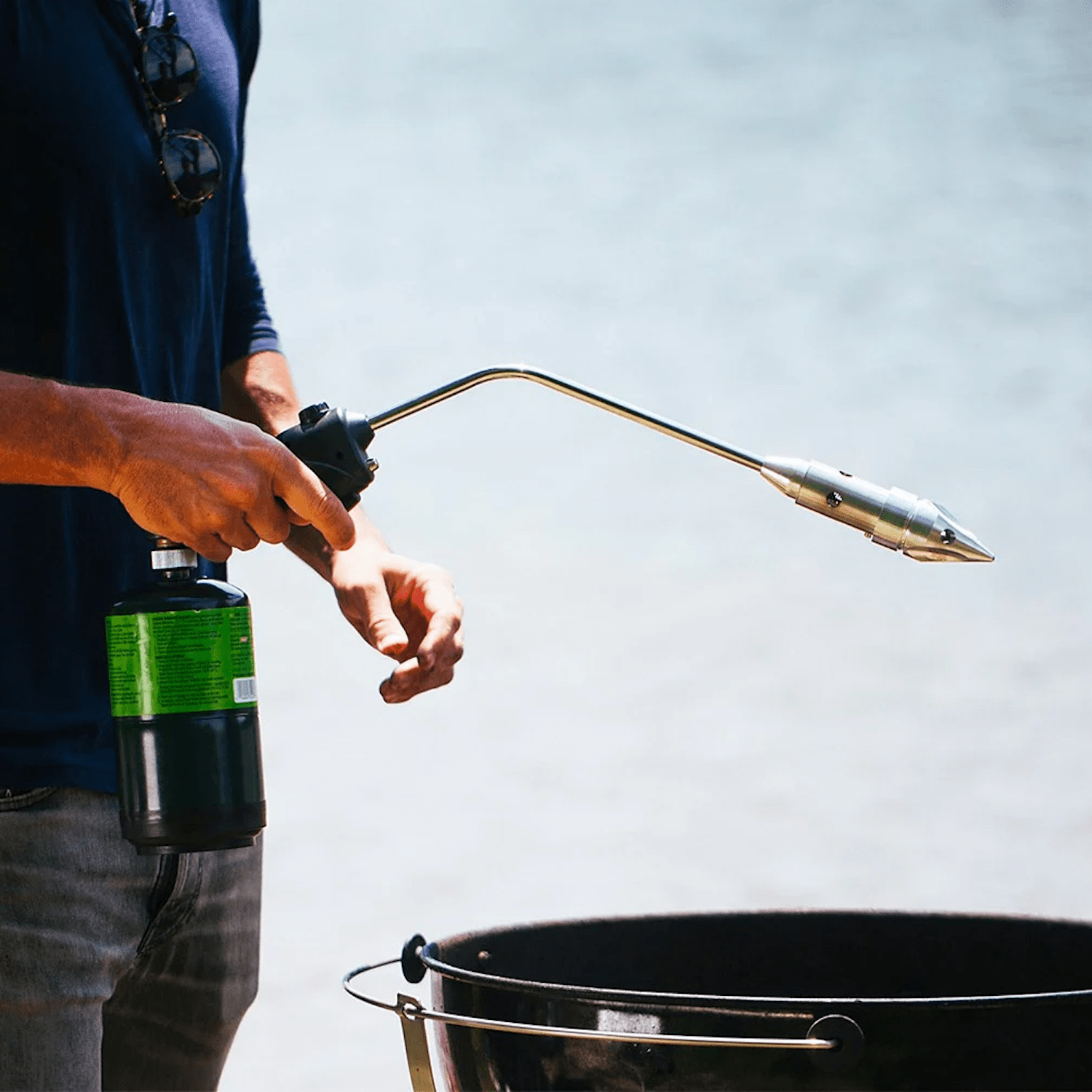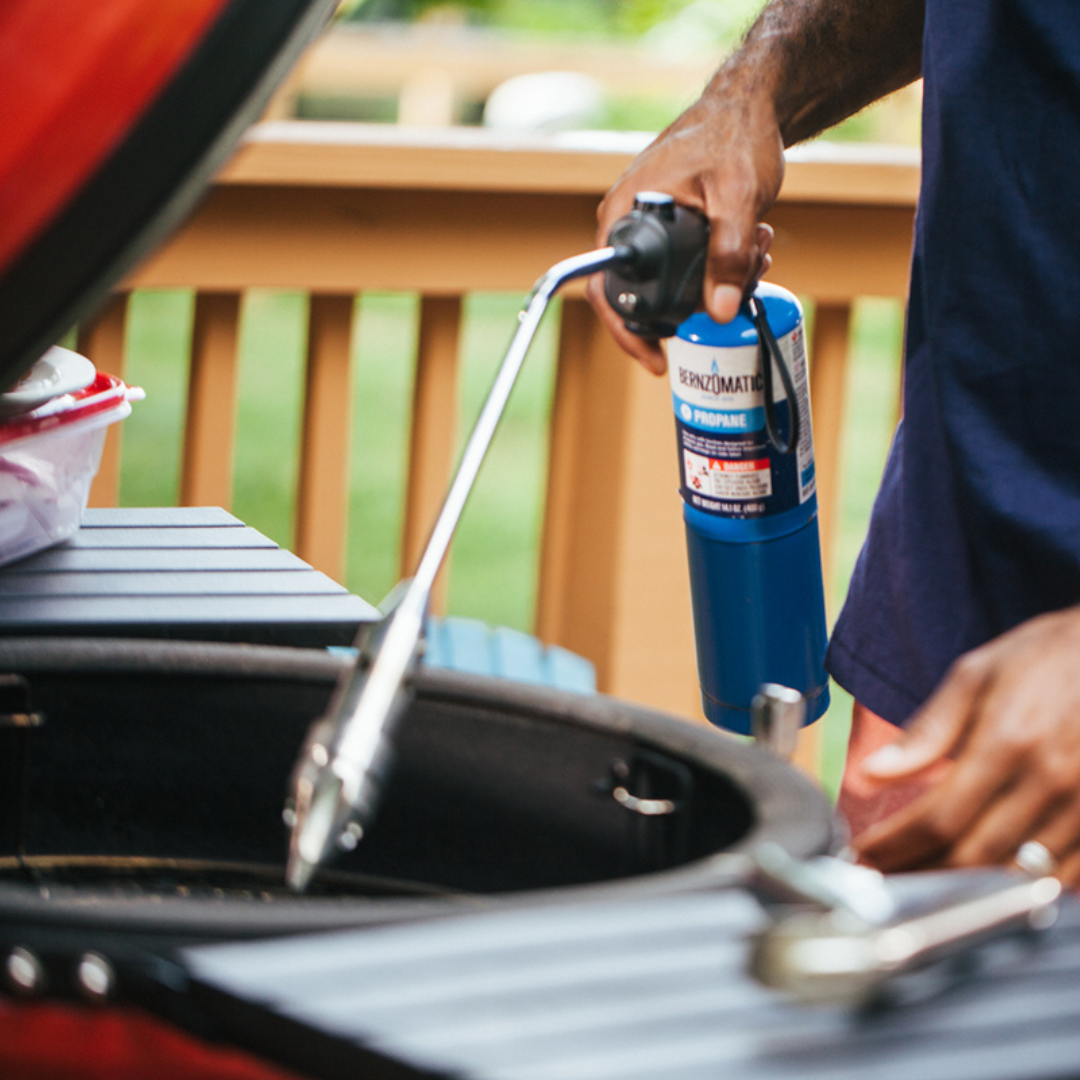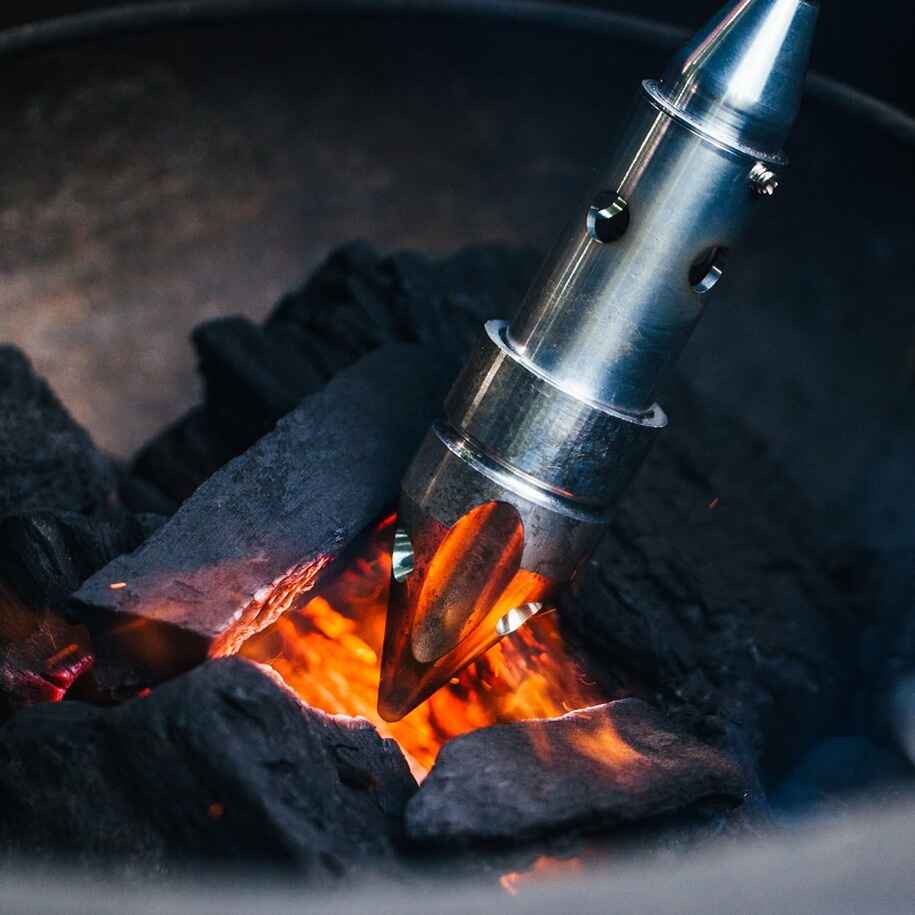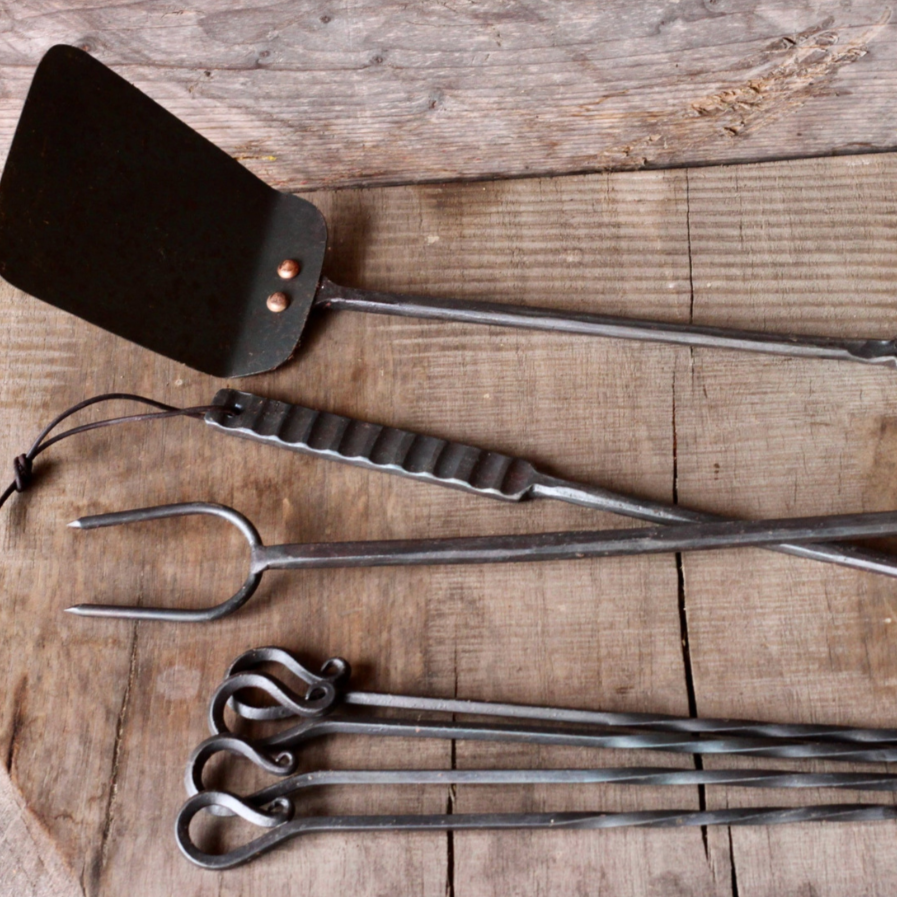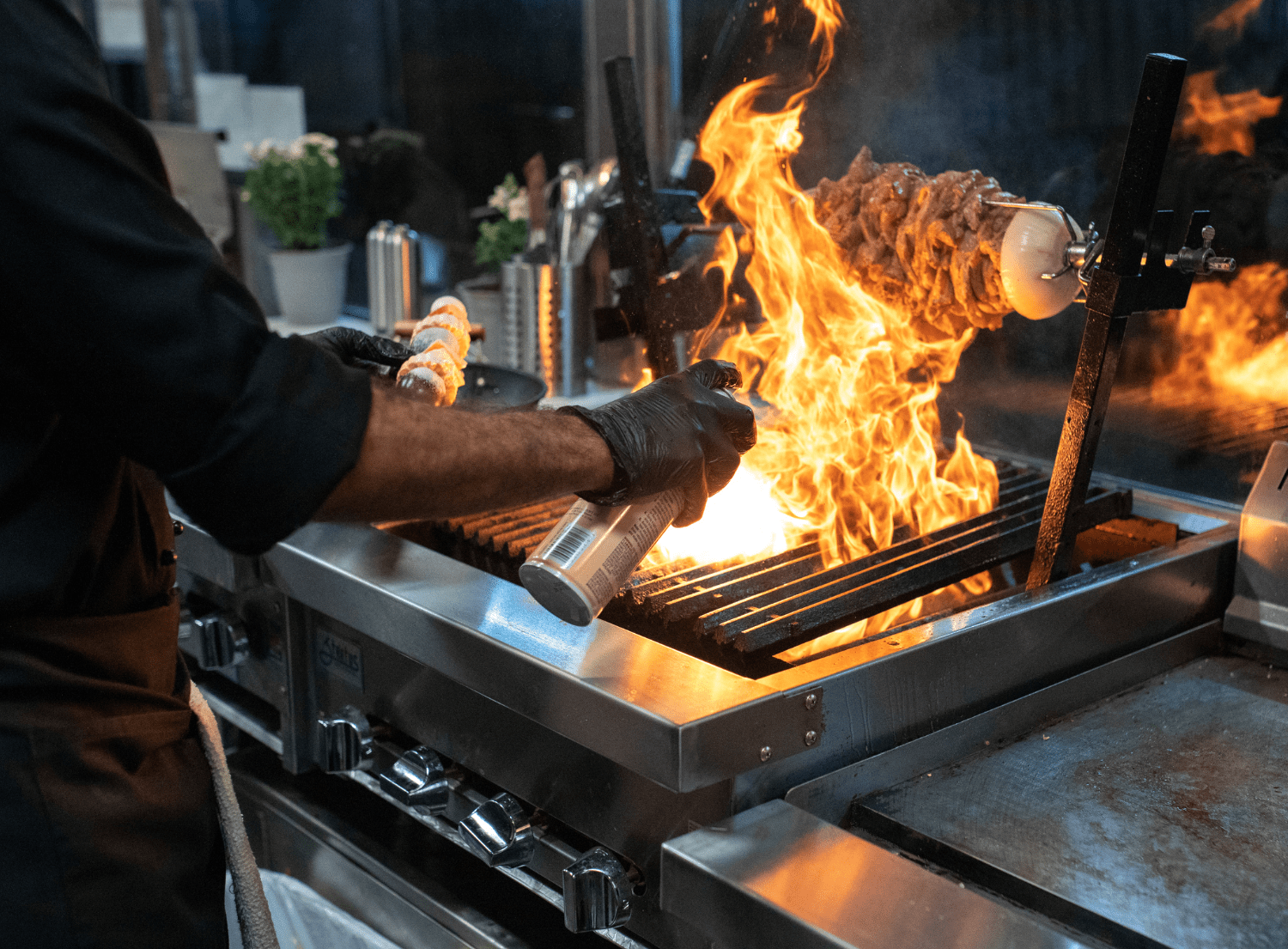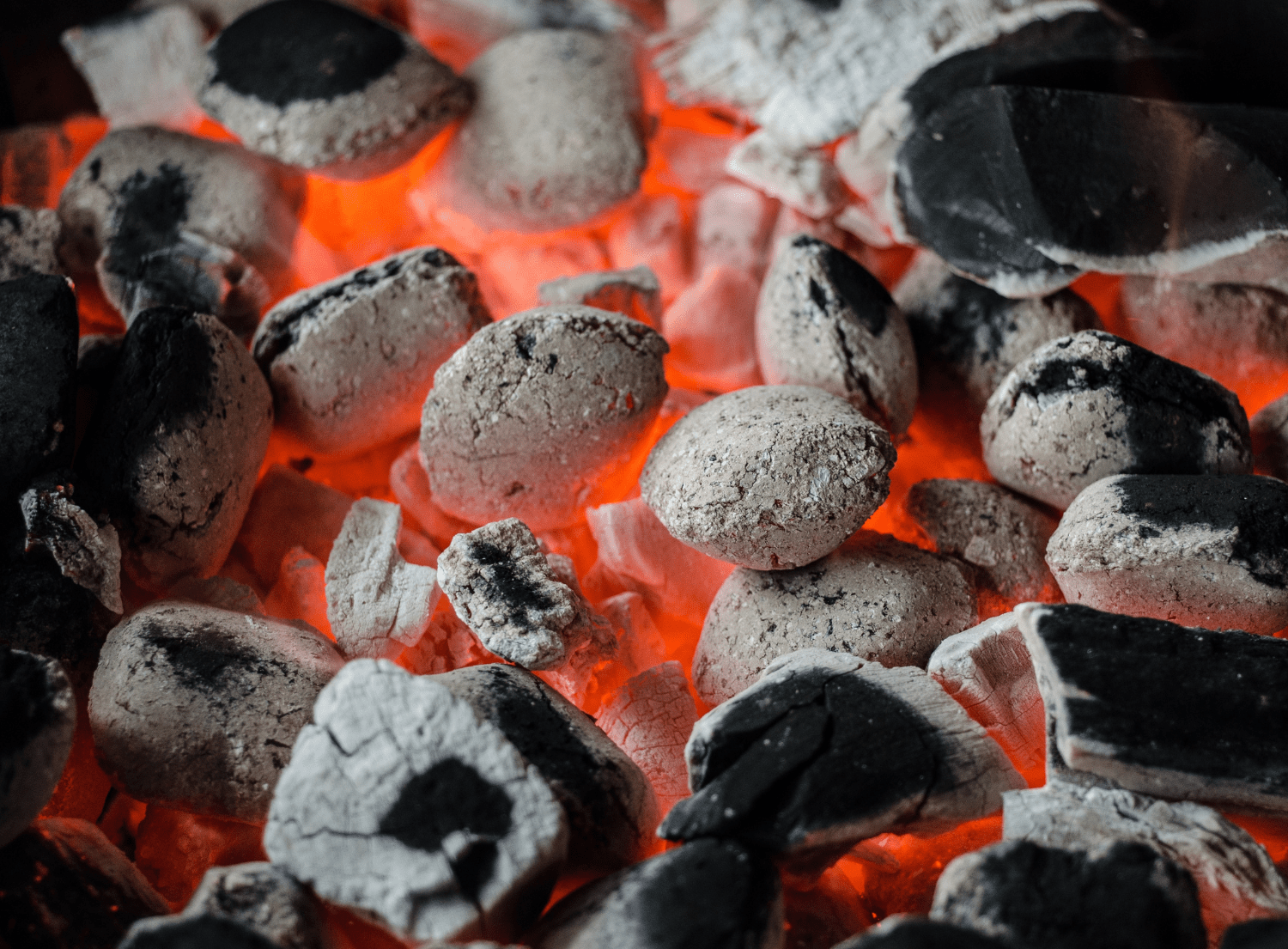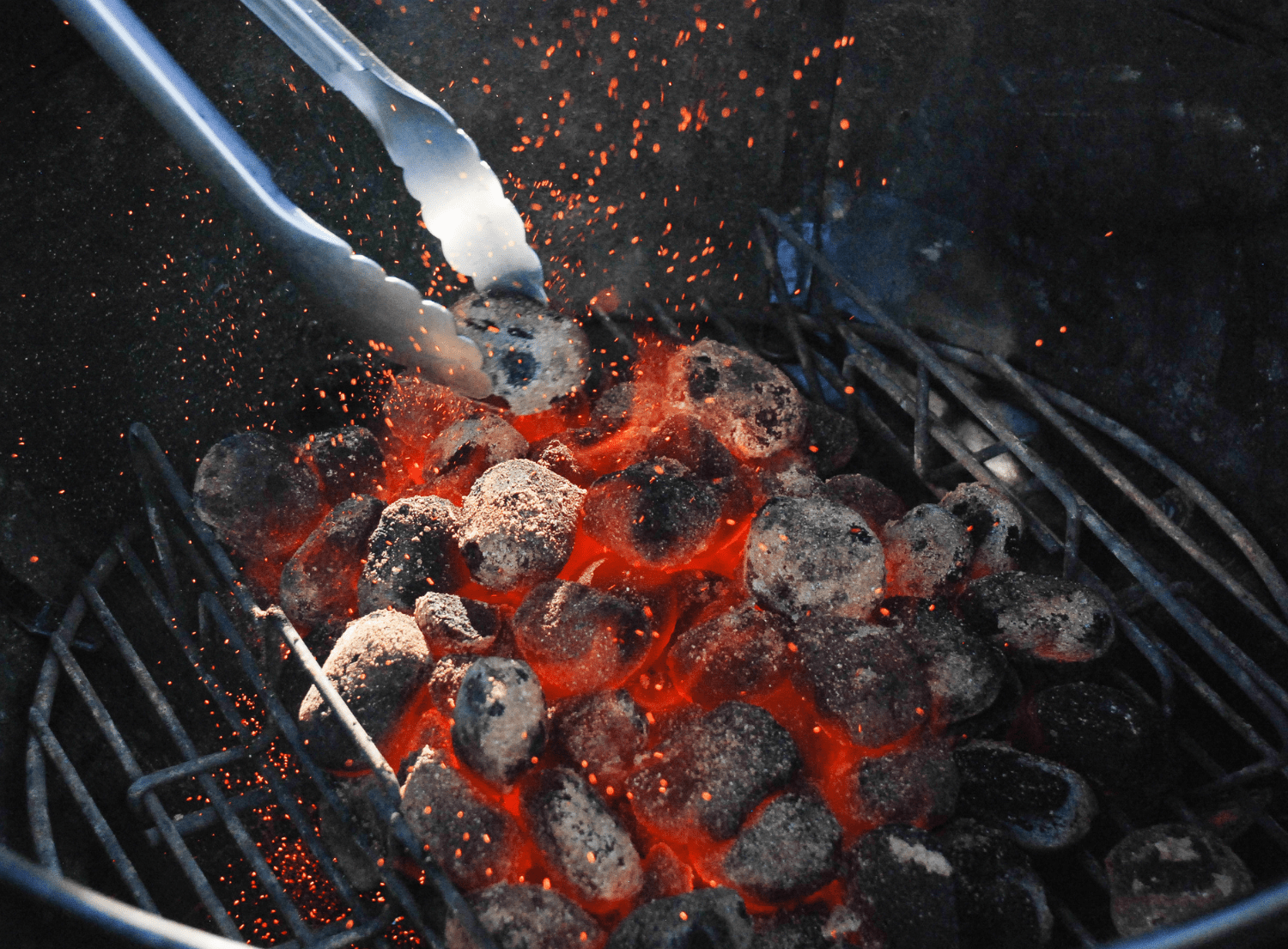Grilling is a popular outdoor activity enjoyed by many during the warm months of the year. The sizzling sound of food on the grill and the unmistakable aroma of a barbecue can make any gathering more enjoyable. But what about grilling in the garage - is it safe?
In this blog post, we will explore the potential risks and safety considerations of grilling in the garage, and whether it's a safe and viable option.
The Grill Options: Charcoal vs. Gas vs. Electric
When it comes to grilling, there are several options available. The most common types of grills include charcoal, gas, and electric grills. Each type has its own set of advantages and disadvantages.
Charcoal Grills

A charcoal grill is known for its unique smoky flavor and high cooking temperatures. These grills use charcoal as the primary fuel source and are often used outdoors due to the need for open flames.
Gas Grills

Gas grills, typically powered by propane or natural gas, are convenient and easy to use. They heat up quickly and are versatile, making them suitable for various grilling needs.
Electric Grills

Electric grills are a great option for indoor and small outdoor spaces. They don't produce smoke, making them a clean and safe choice.
Grilling in the Garage: Is It Safe?
Grilling in the garage can be tempting, especially during inclement weather or for those who have limited outdoor space. However, it's crucial to understand the potential risks and safety concerns associated with grilling indoors.
Carbon Monoxide Risk
All grills, including propane and gas grills, produce carbon monoxide (CO) as a byproduct of combustion. CO is a colorless, odorless gas that is highly toxic in enclosed spaces. Grilling in the garage can lead to dangerous levels of carbon monoxide, which can be life-threatening if not properly ventilated.
Fire Hazard
Grills, especially gas and charcoal ones, pose a significant fire risk. Flammable materials in the garage, such as cardboard boxes, motor oil, and other flammable liquids, can easily ignite, leading to a potentially catastrophic situation.
Proper Ventilation
To minimize the risk of carbon monoxide poisoning and fire, it's essential to have proper ventilation in the garage. This includes keeping the garage door open, using fans to circulate air, or having an exhaust system in place.
Propane Tanks
Propane grills use propane gas, which is highly flammable and can explode if not handled correctly. Propane tanks should always be used and stored in a well-ventilated area, preferably outdoors.
Gas Grills vs. Charcoal Grills
Propane grills tend to be more convenient and safer for indoor use due to their controlled flame. However, it's crucial to ensure they are used with proper ventilation and safety precautions. Charcoal grills, with their open flames and smoky nature, are not suitable for indoor use.
Safety Tips for Grilling in the Garage
Safety should always be a top priority when grilling, whether indoors or outdoors. The National Fire Protection Association strongly recommends that grills should only be used in well-ventilated outdoor spaces. Combustible materials, high heat, and open flames are a recipe for disaster when grilling indoors, and the risks are not worth the convenience.
If you absolutely must grill in the garage, follow these safety tips to reduce the risks:
Garage Doors Open
Make sure to keep the garage door open while grilling to ensure proper ventilation and reduce the risk of carbon monoxide buildup.
Well-Ventilated Area
Ensure that the garage is a well-ventilated space. You can use fans or an exhaust system to help remove smoke and fumes.
Fire Extinguisher
Have a fire extinguisher within reach in case of any flare-ups or unexpected fires.
Keep an Eye on the Grill
Never leave the grill unattended. Watch for flare-ups, and be prepared to take immediate action in case of a fire.
Flammable Materials
Remove all flammable materials from the vicinity of the grill, including cardboard boxes, motor oil, and other combustible materials.
Proper Gas Handling
If you're using a propane grill, make sure the propane tank is handled and stored correctly, away from the grill.
Check for Leaks
Always check for gas leaks before using a gas grill in an enclosed space. You can use a mixture of soapy water to identify any leaks - bubbles will form at the source of the leak.
Carbon Monoxide Detector
Install a carbon monoxide detector in the garage to alert you to dangerous CO levels.
Outdoor Grilling Alternatives
While grilling in the garage is possible with extreme precautions, outdoor grilling is generally safer and more enjoyable. To make your outdoor grilling experience even better, consider using additional accessories like a grill canopy, grill cover, or even a grill gazebo to protect against inclement weather and direct sunlight. These can provide both safety and comfort for your grilling plans.
Lighting your Grill Indoors or Outdoors
If you're seeking the quickest and most convenient method for igniting a fire without the need for lighter fluid, the RocketFire Torch is your ultimate solution. With this innovative torch, you won't need matches, kindling, or any flammable liquids. In a matter of mere seconds, it can effortlessly ignite both wood and charcoal.
Remember, grilling outdoors in a well-ventilated area remains the safest and most enjoyable option. We recommend always prioritizing safety and following basic safety precautions to ensure a perfectly safe and enjoyable cooking experience, wherever you grill.

